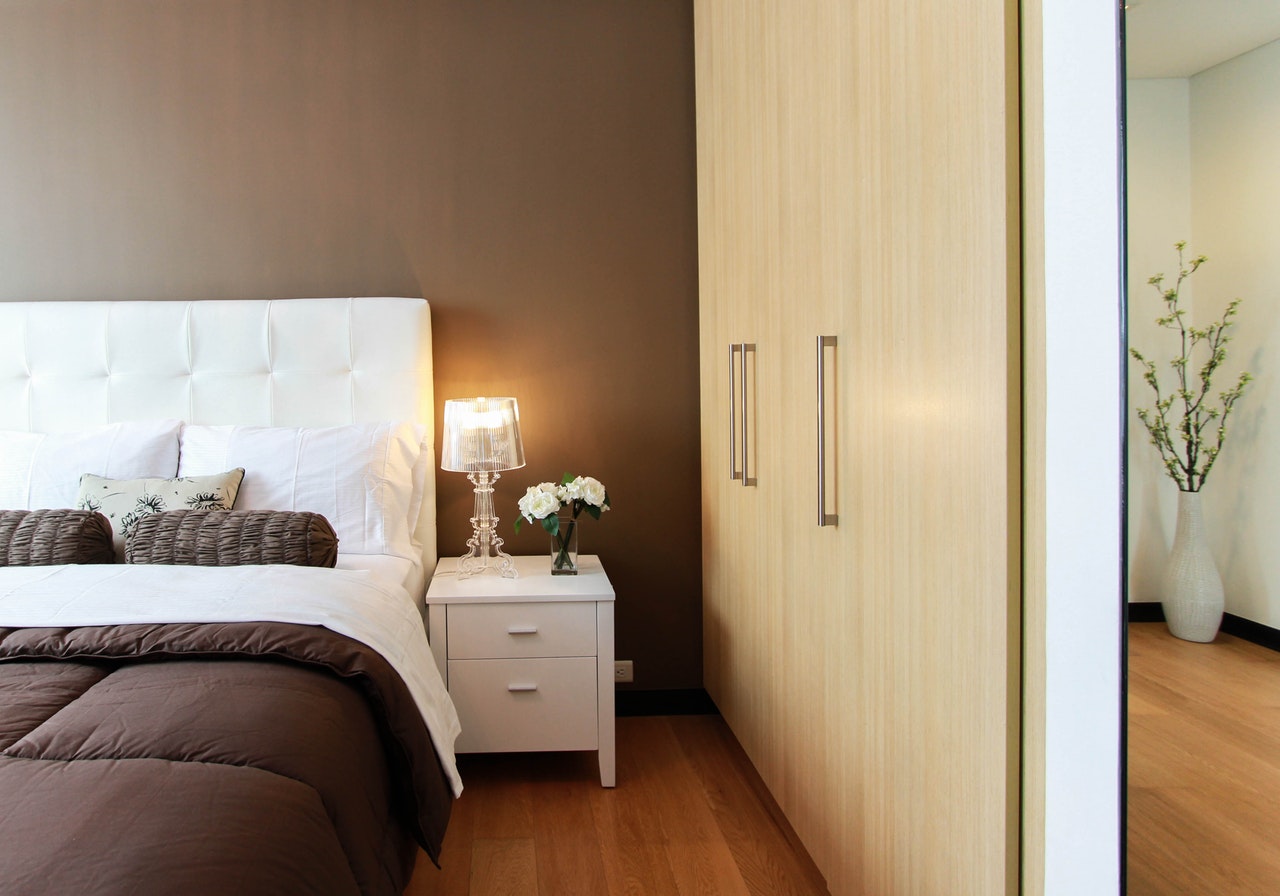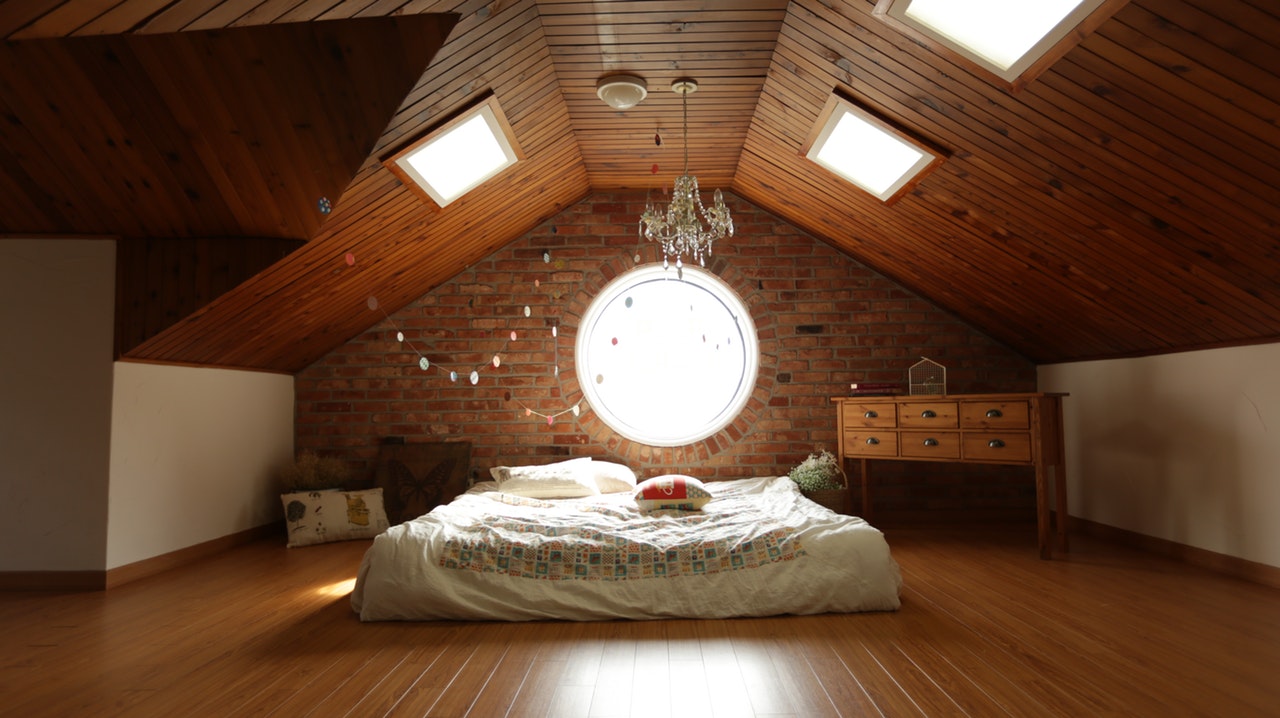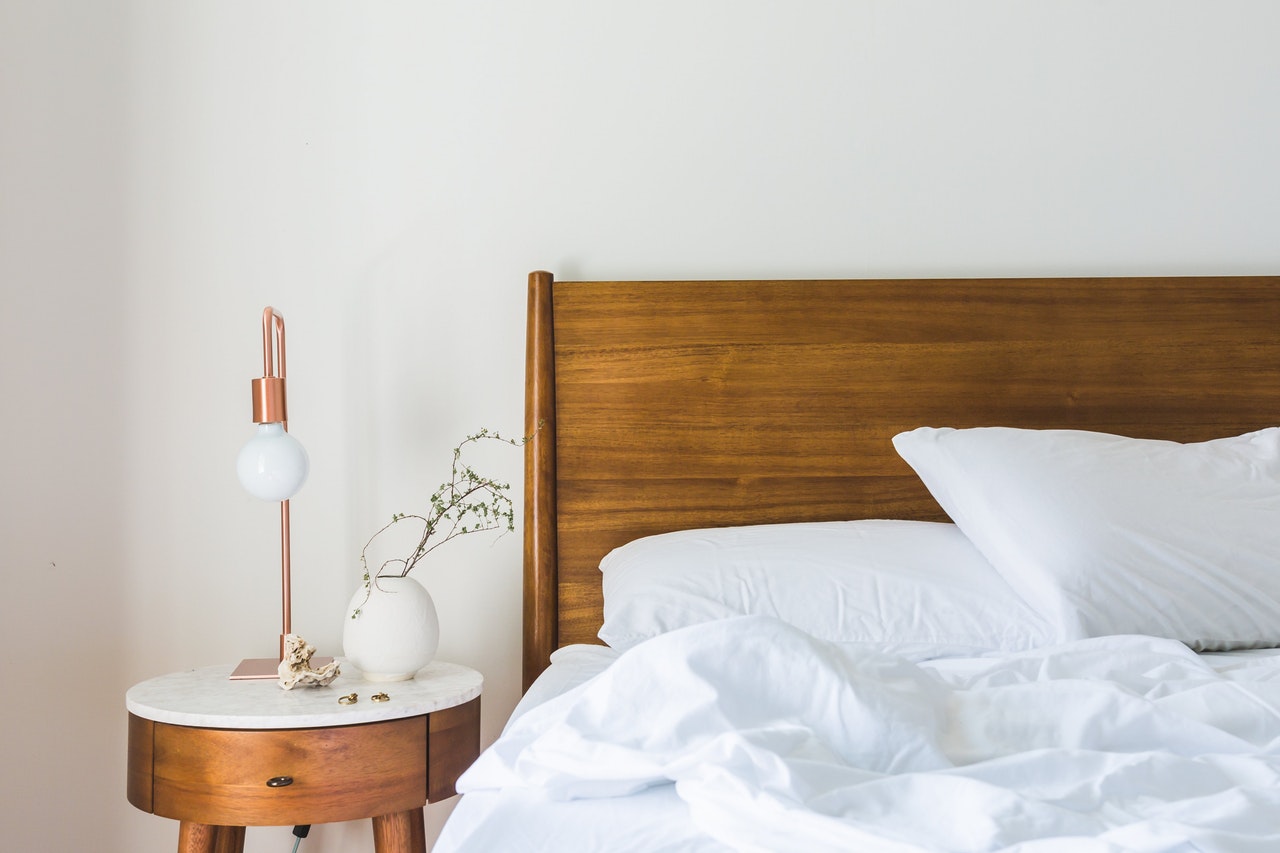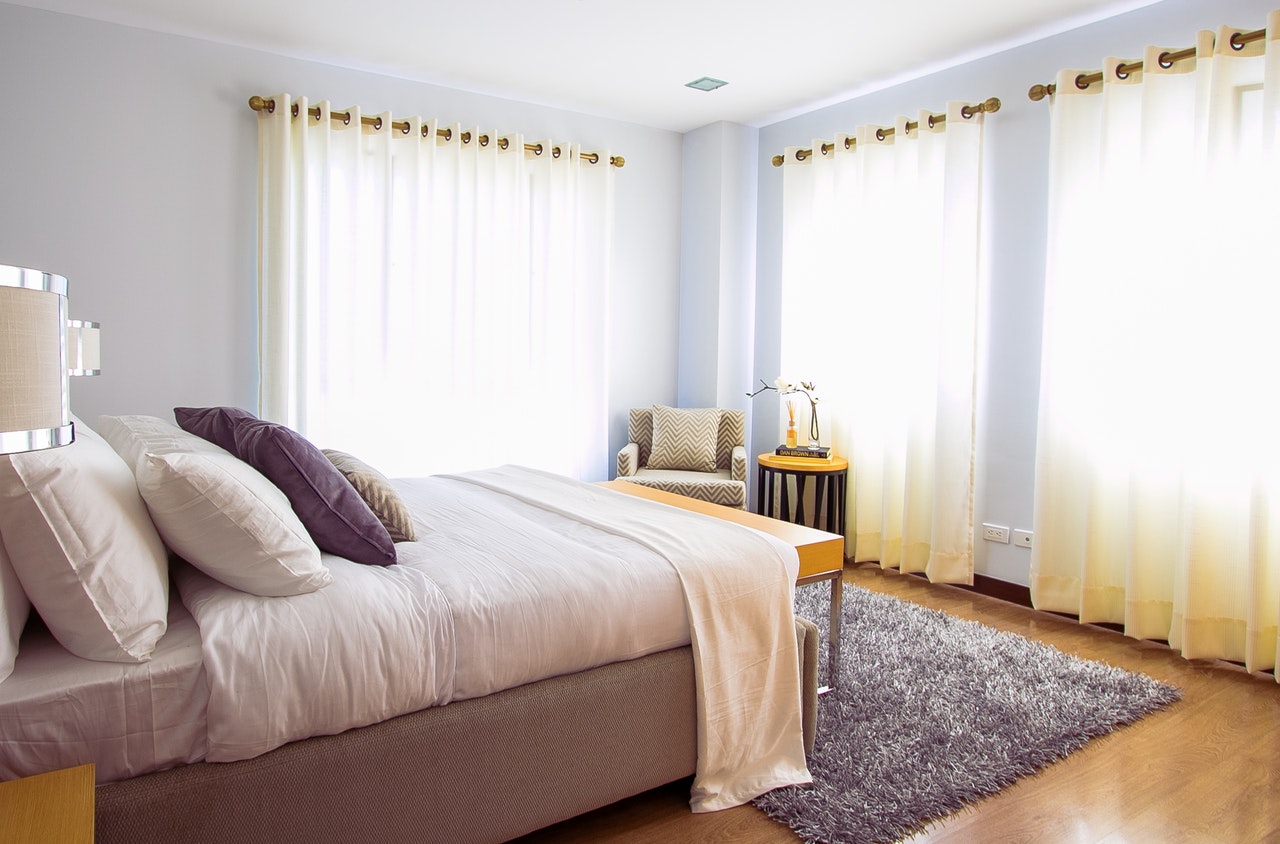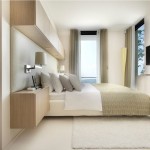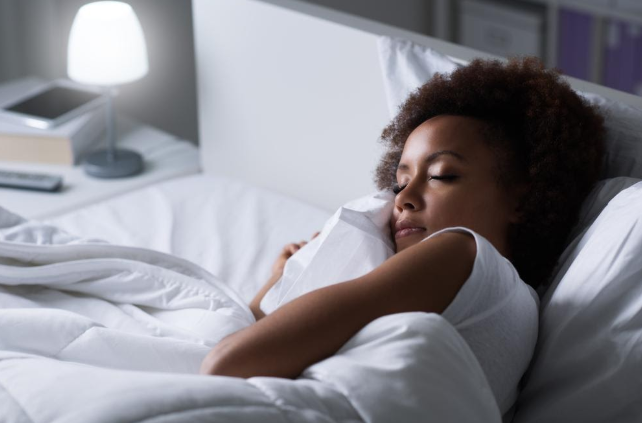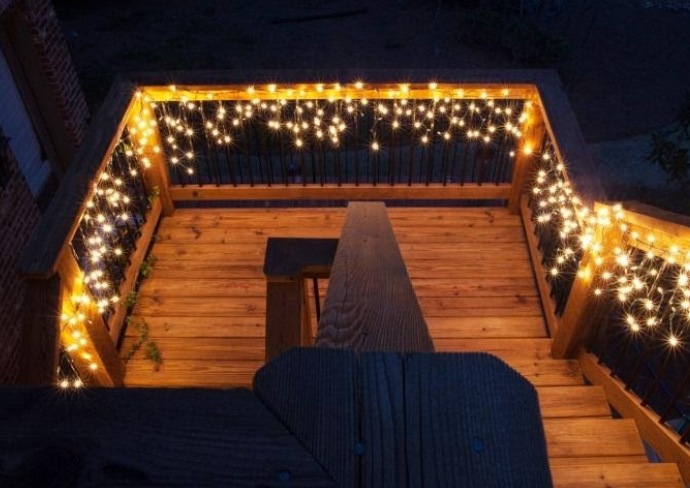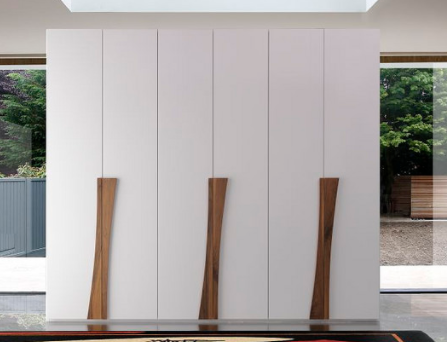Are you struggling to sleep at night? If so, you are not alone. Millions of Americans do not sleep through the night. The causes of this are numerous and can include anything from medical issues to the temperature of the air.
The best thing to do is identify what is making you have restless nights. If it is medical related, consult your doctor. For other aspects, try changing something in your sleeping environment. It could be something in your bedroom that is causing your sleep deprivation.
Here are a few of those elements to look at and decide if a change in one or more of them is needed.
Light
The first thing you need to do is ensure you are sleeping in the dark. Humans are diurnal creatures and have evolved to sleep at night. As such, our brains require the dark to fully switch over to standby and begin the process of converting the day’s events and conversations into memory. Without the dark, we cannot process properly, leaving us dragging in the morning.
Sleeping with the TV on is not helping. The room may be dark, but the light emanating from the screen is illuminating you bedroom. The contrast will prevent you from going into deep sleep, which is what the body needs to recover.
If you live in the big city, the lights probably never shut off. Shut the lights out then. Make sure you have thick or dark curtains and shades to block out the nightlife. The cityscape may be a beautiful sight to appreciate at night, but make sure to block it out when the time comes to get some sleep.
Sound
The big city can also keep you awake at night because of the noise; it is never ending in the urban jungle. Try to make things a little more like the real jungle. Add in some background noise.
In the country, you have the wind and the bugs to fall asleep to. Find a way to add the sounds of the country into your bedroom. There are noise generators online that virtual assistants such as Alexa and Siri can tap into and fill your room with the sounds of your choice.
If the bugs and the wind do not drown out the sounds of the city, then try the waves on a beach or a rain shower with thunder in the background. Both of these have a calming effect and can comfort you to sleep, regardless of the amount of noise generated by the urban wildlife.
Color
The color of the room can affect your sleep. Brighter colors and bold hues can affect the brain, creating anxiety and other conditions that could keep you up at night. If the color of your walls are causing you to be sleep deprived, then you probably want to paint on a new shade.
Pick a pale shade of blue. Blue has been found to be the most calming color, and a room painted in this color is the best to sleep in. Some cooler colors tend to be more pleasing and relaxing to the brain, which can help settle you into a deeper sleep. If blue is not to your liking, then try a moss green, a muted yellow, or even silver to sleep in. These will all help you sleep better.
Mattress
We all know what happens when our bed gets too old. Indentions form in the mattress and the support we had years ago is long gone. That is why it is suggested that you replace your mattress every 10 years, although experts are starting to say every 5 to 7 years.
The mattress you currently own may be causing you back pain which will keep you from experiencing the deep sleep your body requires to recuperate. It may also be causing you to lay in certain positions that are affecting your spine, adding to your back issues.
If your bed is older than the numbers mentioned, or if you are approaching those times, consider replacing the mattress.This is the time to think about getting a different bedding set. It will be like you are sleeping in a different bedroom.
Temperature
The air itself could be preventing you from sleeping. On hot summer nights, it is hard to fall asleep; on cold winter nights you cannot put enough blankets on the bed to fall asleep. Finding that perfect temperature can be difficult, and it may be different for everybody, but once you do you will sleep soundly.
The best temperature to keep your bedroom at during the night is considered to be 68 degrees. This is cool enough for the body to relax in and warm enough to let you fall asleep. Try starting there and adjust your thermostat as needed until you find the exact temperature that works for you.
Images credits go to pexels.com.

